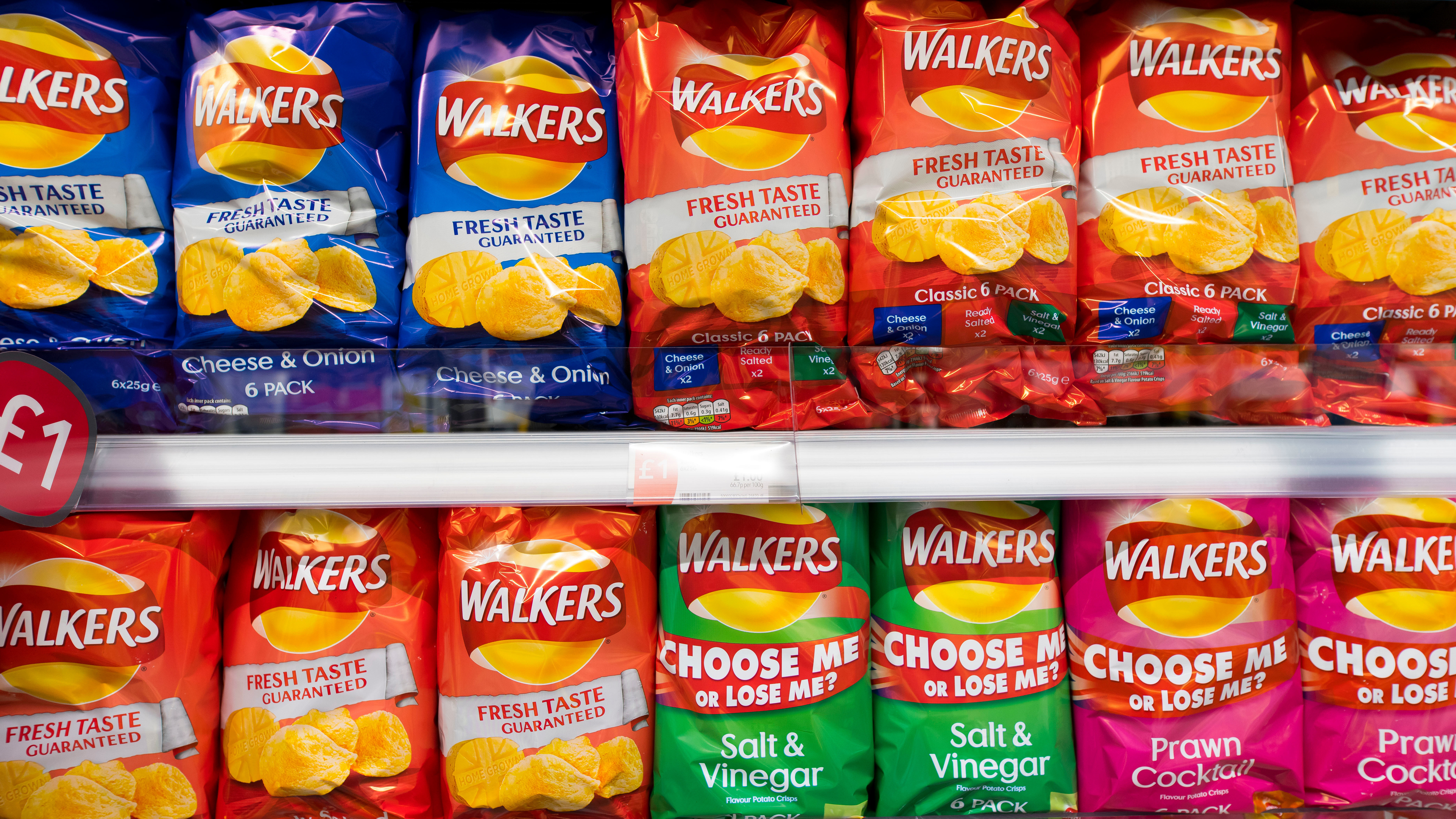UK Company Slashes CO2 Emissions Using The Power Of Beer And Potato Chips
There's nothing like a sudsy brew and a handful of potato chips to make you feel like everything's going to be a-okay. Now, UK-based snack company Walkers is harnessing that perfect pairing to help tackle climate change. Walkers has adopted a new technology it says will slash CO2 emissions from its crisp manufacturing process (we'll honor the UK term for chips here). How? By capturing CO2 from beer fermentation and turning it into fertilizer, of course.
According to BBC News, the technology captures the CO2 produced in a brewery, mixes the CO2 with potato waste, and turns the final product into fertilizer for the following year's potato crop. The beer-and-crisps love affair has two functions. First, it stops the emission of brewery CO2 into the atmosphere. It also reduces the amount of CO2 normally generated by the manufacturing of fertilizer, instead putting carbon back into the soil to encourage plant growth. Finally, Walkers has installed an anaerobic digester, which feeds potato waste to bacteria to produce methane. Walkers then burns the methane to produce electricity for the sacred crisp-frying process. The circle of life, baby.
If the technology sounds familiar, that's because it falls under the Carbon Capture and Utilization (CCU) category. CCU is similar to the better-established Carbon Capture and Storage (CCS) category, which involves catching emissions from chimneys and pumping them into underground rocks where they can't impact the climate. The technology also falls under the TILTE (Things I Like To Eat) category. Congrats to the whole team!
